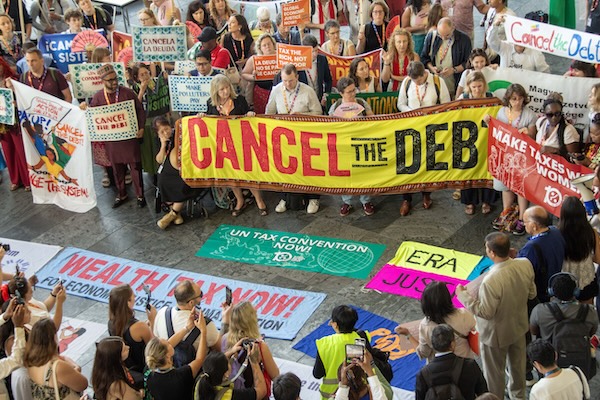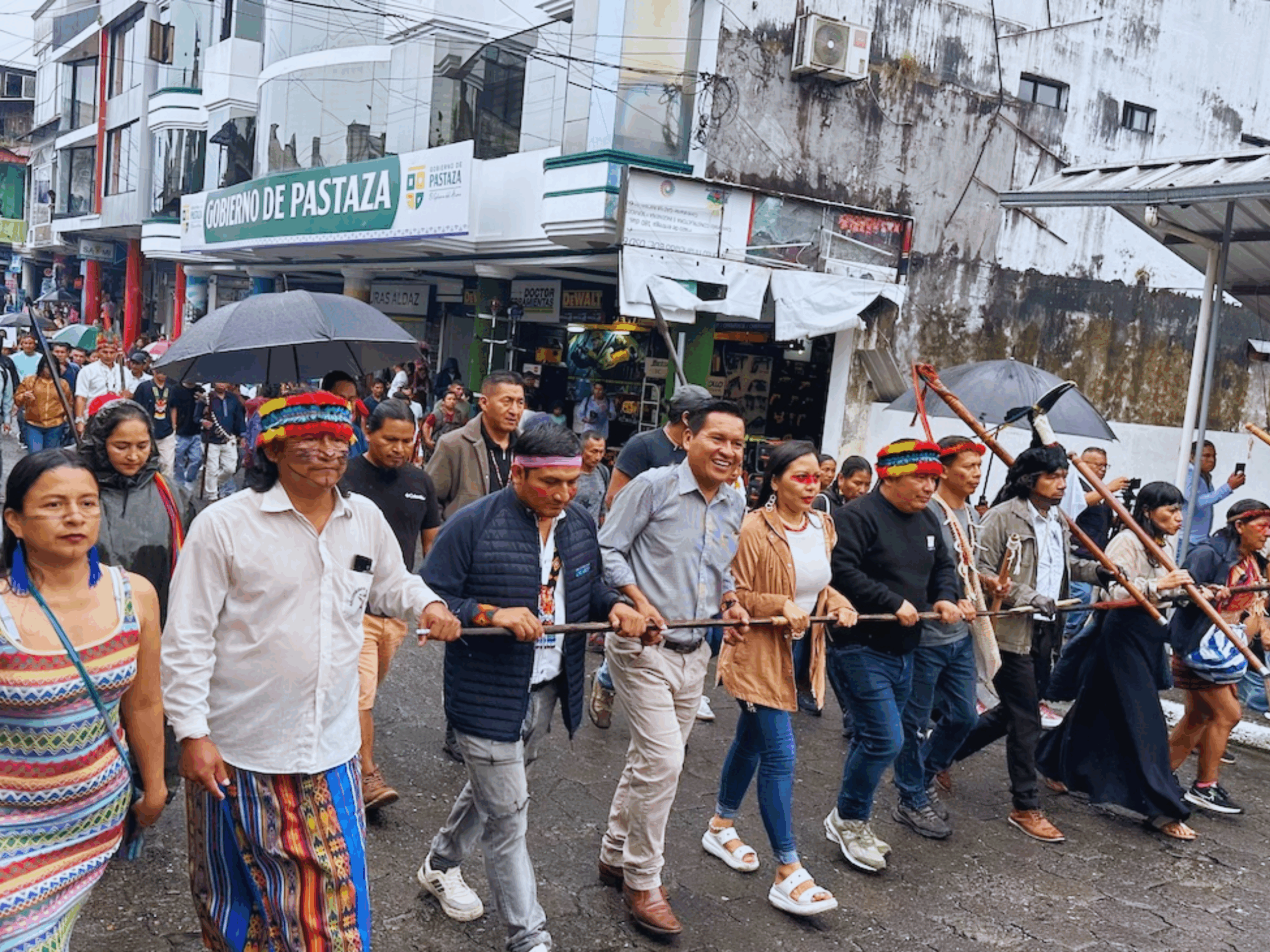Invoking the legacy of Thomas Sankara, members strongly condemned the weaponization of debt and its use as a political and economic tool for control over impoverished and developing countries in the south. As Mae Buenaventure from APMDD put it, “Many countries in the Global South are either facing debt distress, crisis, or at least are on the brink of defaulting on their loan repayments. The high interest on commercial loans from lenders has forced countries to drastically cut down on public spending while focusing and prioritizing debt service payments”.
Members raised the alarm over what they see as the continuation of economic colonialism, imperialism, and dominance through institutionalized financial and capital control. As currently designed, the global financial system will never meet the urgent needs of historically dispossessed countries, nor enable the realization of economic and environmental justice. Members have long established that the dominant economic system, entrenched in neoliberal capitalism, prioritises profits, benefits wealthy individuals, nations, and corporations at the expense of human rights and people’s well-being.
Development Banks and the Debt Trap
Multilateral Development Banks, Regional Development Banks, Public Development Banks, and other global financial institutions fuel a financial system that is extractive, unequal and incompatible with the current needs of the Global South. These institutions and their financial policies were strategically established to sustain colonial legacies via unfair financial practices and conditions. From driving unsustainable debts through excessive loan-based finance, imposing unfair conditionalities, and prioritizing repayments, to financing corporate-driven climate false solutions via loans. For example, in Asia, the Asian Development Bank is funding geo-thermal energy projects under the guise of a just transition which, as Titi Soentoro of Aksi highlighted, have “displaced communities, damaged the environment, and increased debt burdens.”
But it’s not only in Asia where we can see how development banks are playing a major role in sinking countries further into the debt trap. Across regions, the MDBs are providing loans to finance false solutions to the climate crisis, in the name of sustainable development. Often, these investments ignore human rights safeguards, lack transparency, and are unknown to the public. However, as Rosario Fassina from the International Accountability Project shared, tools like the Energy Finance Tracker are playing a vital role in exposing the contradictions of so-called green energy projects which are largely debt-inducing; “we must use the available tools, for example the grievance mechanisms, to start calling these banks to order.”
To truly transform the financial architecture, members are demanding the unconditional cancellation of illegitimate and colonial debts. “We need a new economic and financial order capable of delivering on finance and climate solutions urgently and sustainably,” emphasized Shereen Talaat of MENA-Fem. Our economies should be anchored in care and solidarity, as affirmed in the recently published The Rabat Declaration, which outlines alternatives to the extractive economy.
Debt cancellation must be accompanied by a reparative justice framework that acknowledges the historical responsibilities of colonial and neo-colonial powers, as well as private institutions, which must be brought to justice for their contributions to the debt-care-climate polycrisis. As Catherine from the African Forum and Network on Debt and Development (AFRODAD) stressed, many of the heavily indebted countries inherited the financial obligations from colonial regimes, and reparations are owed.
Building a United Front for Our Right to the Future
To guarantee the Right to the Future, we must continue to organize, campaign, and connect struggles from across all oppressed peoples. In the spirit of Sankara, we must rebuild a united front against debt, led by communities in struggle who have the solutions needed to bring back deep transformation.
From Geneva to Belém, these struggles are shaping global processes –from the Binding Treaty negotiations on Human Rights and Business to COP30 and the General Energy Embargo for Palestine– uniting demands for debt, climate justice, and corporate accountability.
As ESCR-Net, we will continue to campaign for our Right to the Future, and we invite members and allies to join us as we amplify these demands to bring justice for people and the planet.


